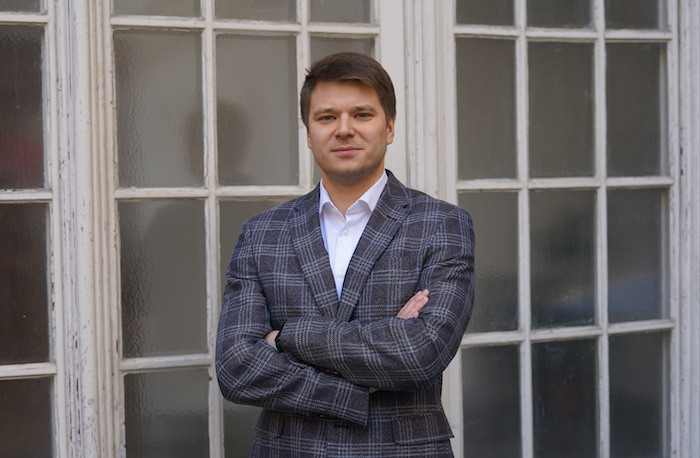The UK specialist competition court has today certified the legal claim brought by consumer rights expert Alex Neill, on behalf of 8.9 million Playstation customers The lawsuit was filed in August 2022 alleging Sony has abused its dominant position in the market by charging excessive prices to its customers for games and in-app purchases. It is the first claim of its kind to be fully certified by the courts following the landmark funding ruling by the Supreme Court in
PACCAR that held that litigation funding agreements which provide a return to the funder based on a percentage of the damages awarded to the class are damages based agreements which are not permitted in opt-out collective actions Today, 21 November 2023, in a judgment handed down by the Competition Appeal Tribunal: (CAT), Alex Neill has been granted approval to go to trial with a £5bn claim against Sony Playstation. This marks a significant first victory for the claimants as Sony lost their battle to block the claim on both the merits of the case and the funding arrangements. The claim, first filed in the CAT in August 2022, is an opt- out group legal action and it argues that the games console giant breached competition law by unlawfully overcharging PlayStation customers. The claim sees Sony accused of abusing its market dominant position to impose unfair terms and conditions on PlayStation game developers and publishers, which results in excessive and unfair prices for consumers every time they buy digital games or ingame content from the PlayStation Store. It is alleged that this has resulted in 8.9m UK consumers being overcharged for their digital gaming purchases by potentially as much as £5 billion over the last six years.
Alex Neill, the Class Representative for the claim, said: “This is the first step in ensuring consumers get back what they’re owed as a result of Sony breaking the law. Playstation gamers’ loyalty has been taken advantage of by Sony who have been charging them excessive prices for years. “It is significant that the competition court has recognised Sony must explain its actions by ordering them to trial. With this action we are seeking to put a stop to this unlawful conduct and ensure customers are compensated.” This judgment means the claim has been certified by the CAT and can now proceed to a full trial. This is the first consumer claim of its kind to achieve certification for its funding arrangements in light of the recent Supreme Court ruling in the PACCAR case. The ruling has made waves in the litigation funding industry as it means that Litigation Funding Agreements with a percentage-based fee cannot be used to fund opt-out collective proceedings that come before the CAT.
Natasha Pearman, the partner leading the litigation and head of competition litigation at Milberg London LLP, said: “We are delighted to have achieved certification for our claim against Sony. Companies who break the law must be held to account and we are determined to ensure this happens and consumers get access to justice. We hope that the certification of our claim provides some clarity as to acceptable litigation funding agreements in the post-PACCAR environment for optout claims. Litigation funding is integral to the collective action regime. When a company as large as Sony breaks the rules consumers often have no idea it is even happening, let alone have the resources to take them on – litigation funding helps to level the playing field. That is why group legal claims like ours are so important, they provide a route to accessing justice that simply doesn’t exist otherwise.” Charlie Morris, Chief Investment Officer for Woodsford, commented: “
Woodsford is proud to be funding Alex Neill and delighted that this is the first collective action where the funding arrangements have been approved following the seminal Supreme Court decision in PACCAR. Sony sought to advance numerous unmeritorious and opportunistic arguments, all of which unsurprisingly failed. Defendants to these actions would be better advised to resolve meritorious actions in a speedy and cost-efficient way rather than spending millions on spurious and ultimately unsuccessful satellite disputes aimed solely at stymying access to justice.” Anyone who has purchased digital games or in-game content in the UK on their console, via the PlayStation Store between 19 August 2016 to 19 August 2022, is automatically included and potentially entitled to compensation. These customers do not need to take any further action at this stage. Those impacted are encouraged to sign-up at www.playstationyouoweus.co.uk to be kept up to date on the case.
About Milberg London LLP Milberg London is at the forefront of group actions law and practice. It is instructed in some of the most significant multiparty cases ever to be heard before the courts in this jurisdiction. Milberg London and its partners are ranked in London’s top legal directories; Chambers and Partners and The Legal500.
Home | Milberg London About Woodsford Since 2010 Woodsford has been helping to hold big business to account for their egregious behaviour. Whether it is helping consumers achieve collective redress when businesses abuse their market dominance, ensuring that inventors and universities are properly compensated when Big Tech infringes intellectual property rights, or helping shareholders in collaborative, escalated engagement up to and including litigation with listed companies, Woodsford is committed to ensuring that companies are held to the highest environmental, social and corporate governance (ESG) standards and helping deliver access to justice.
Woodsford - ESG, access to justice and litigation finance.








